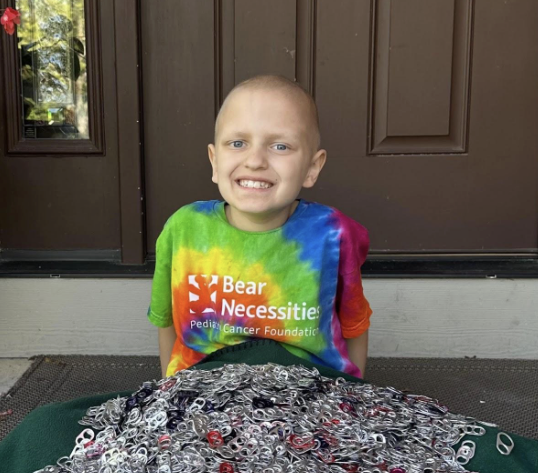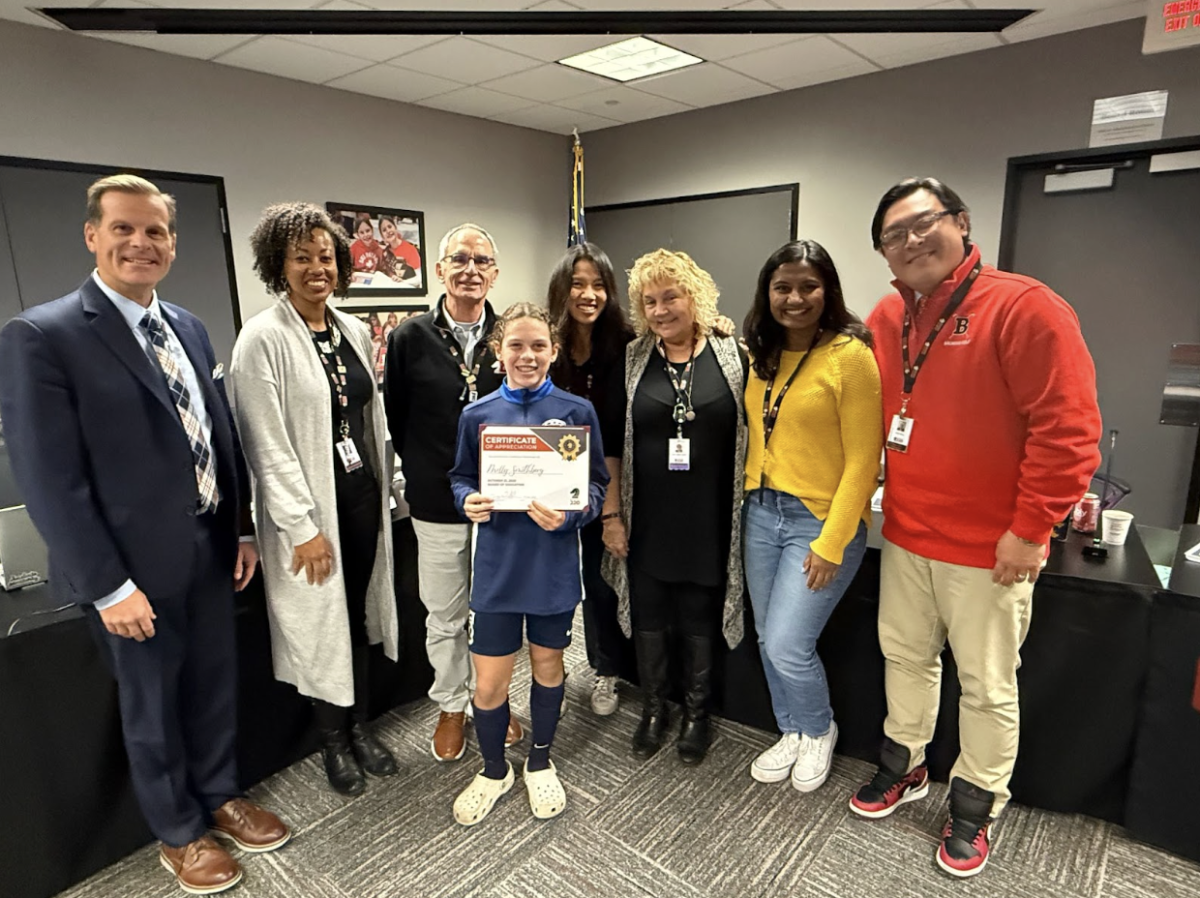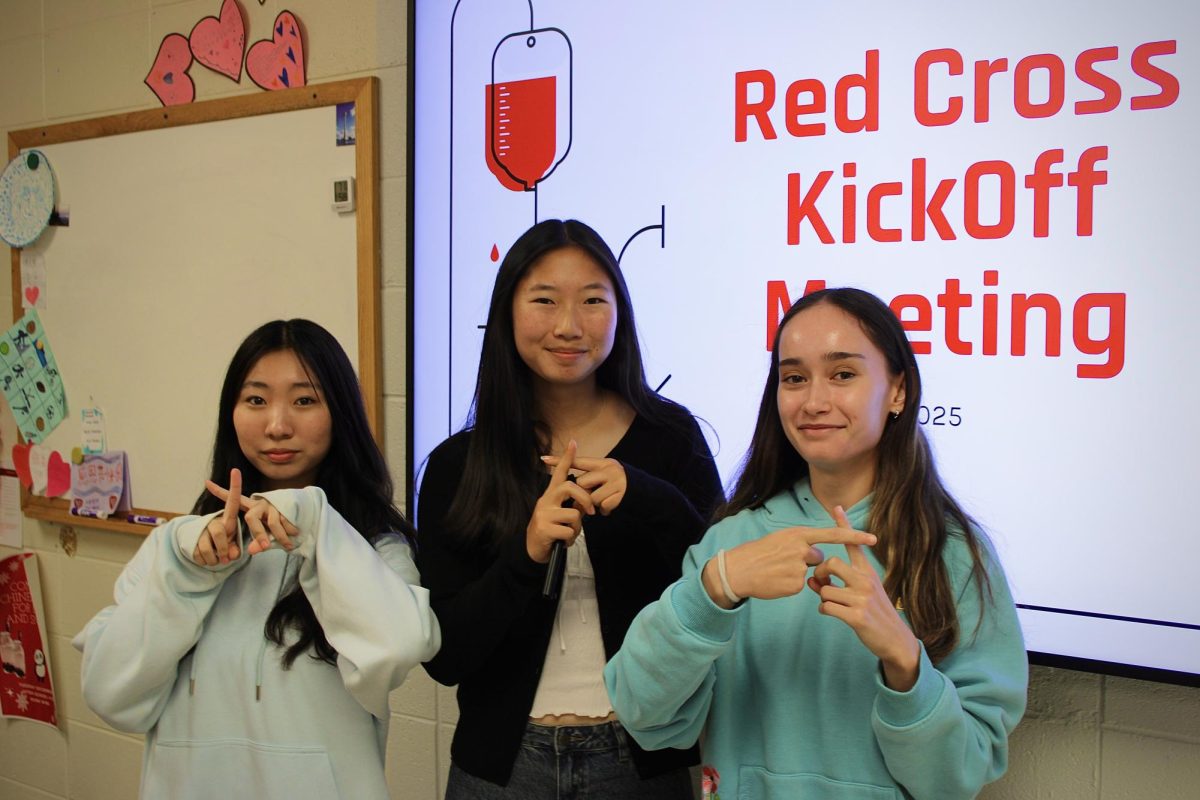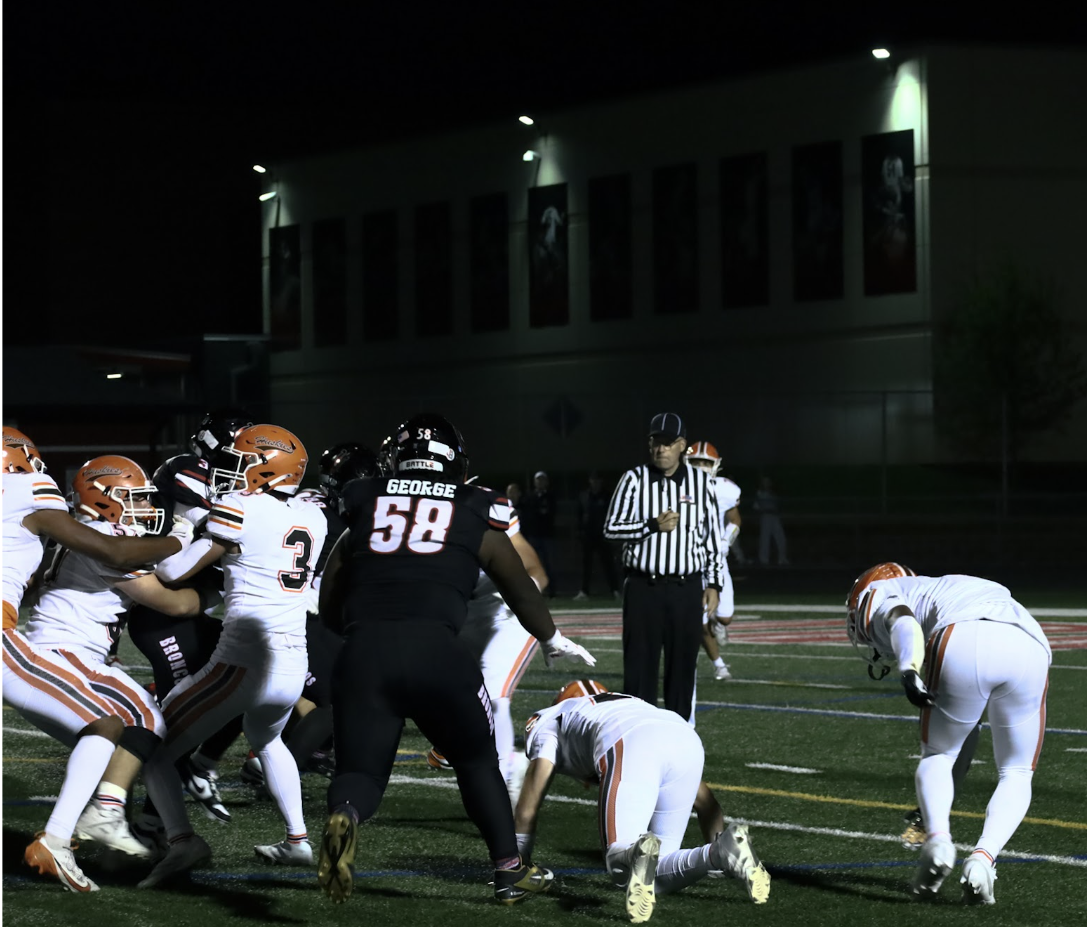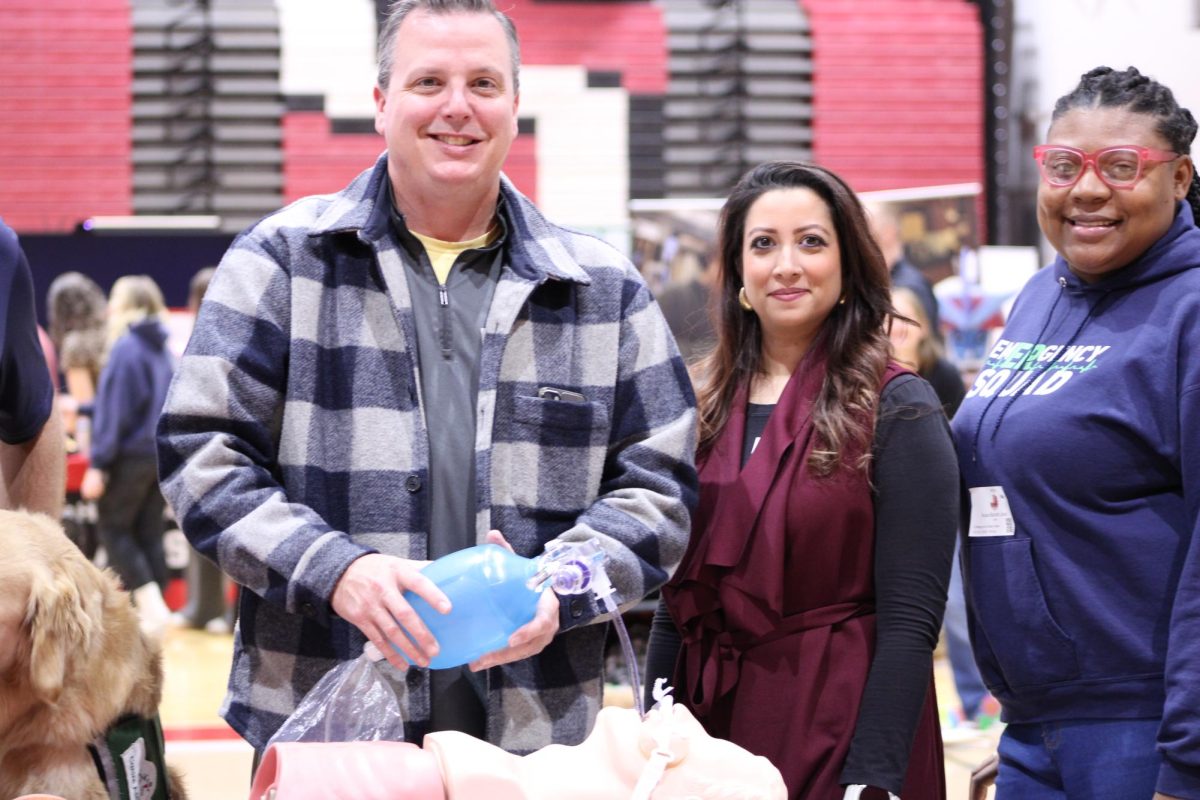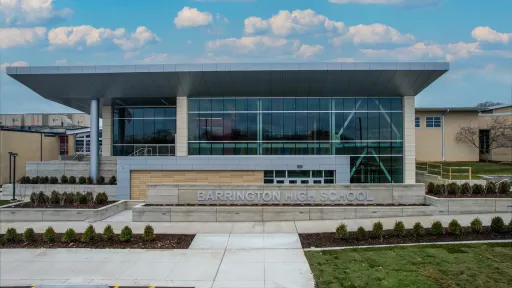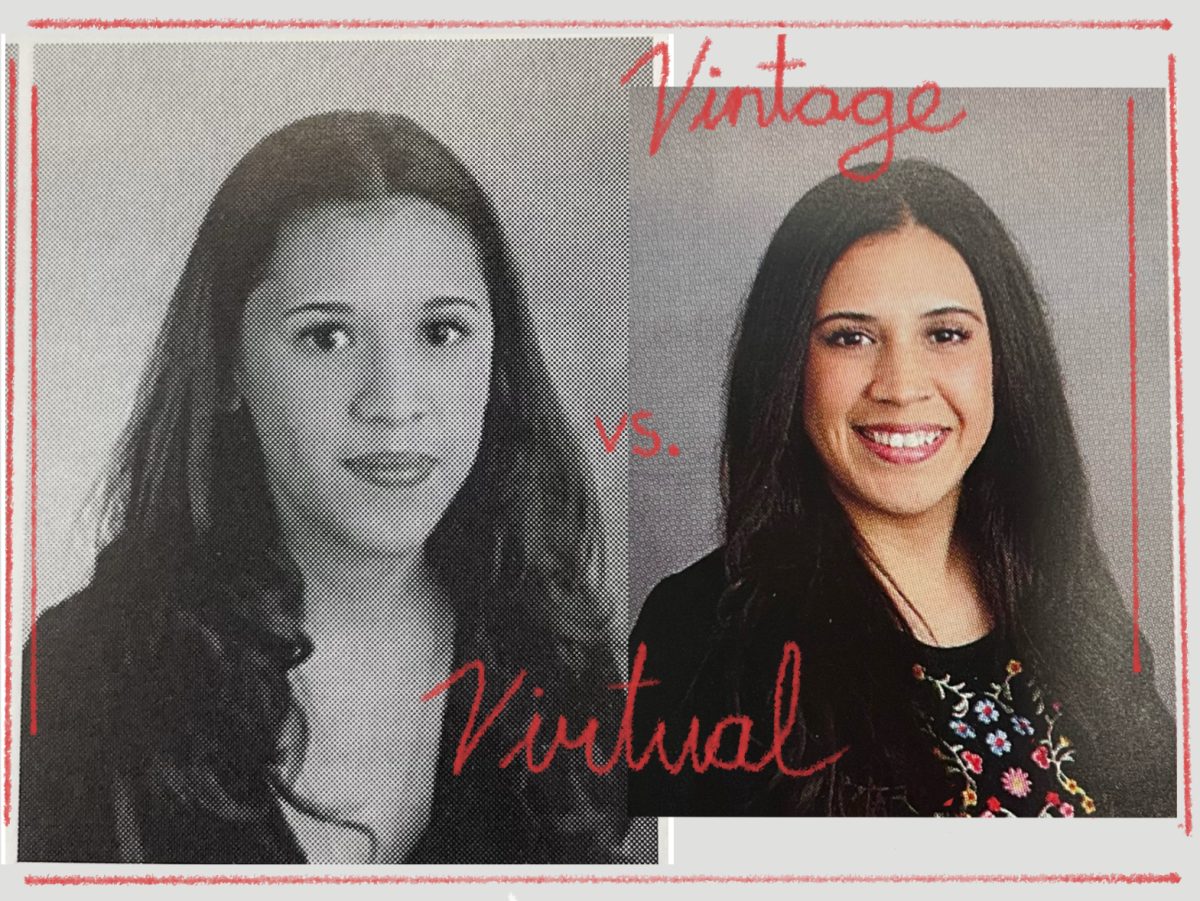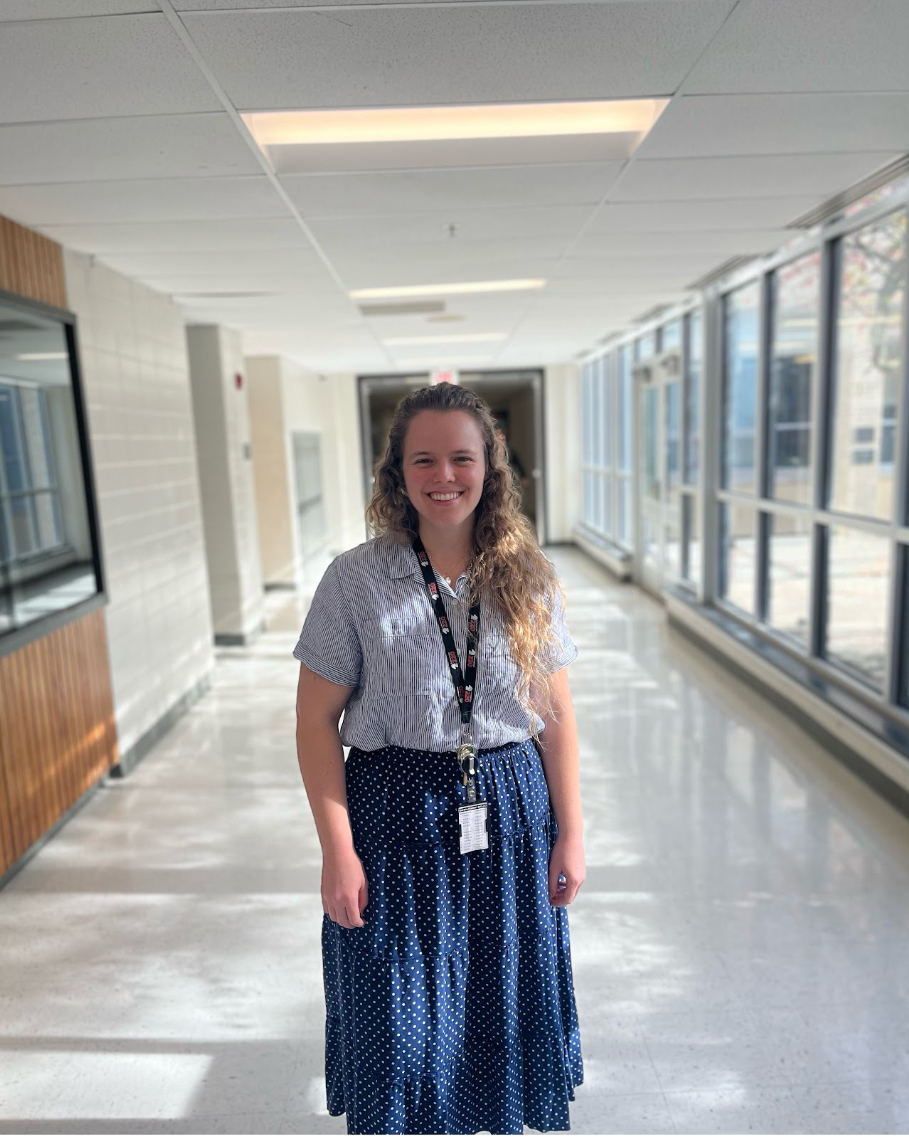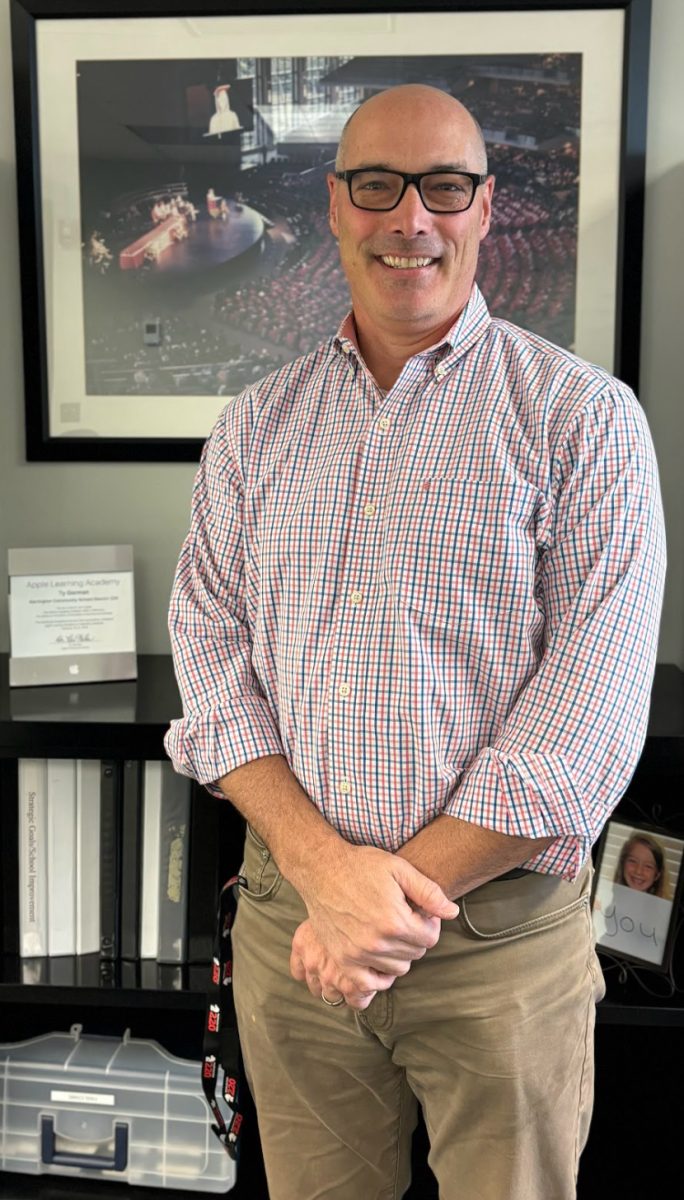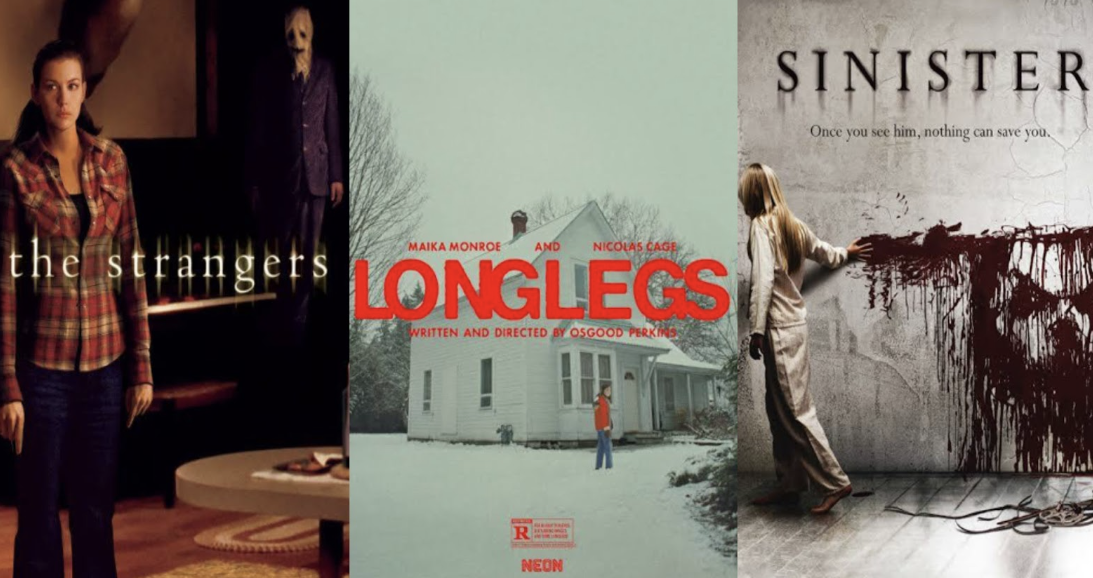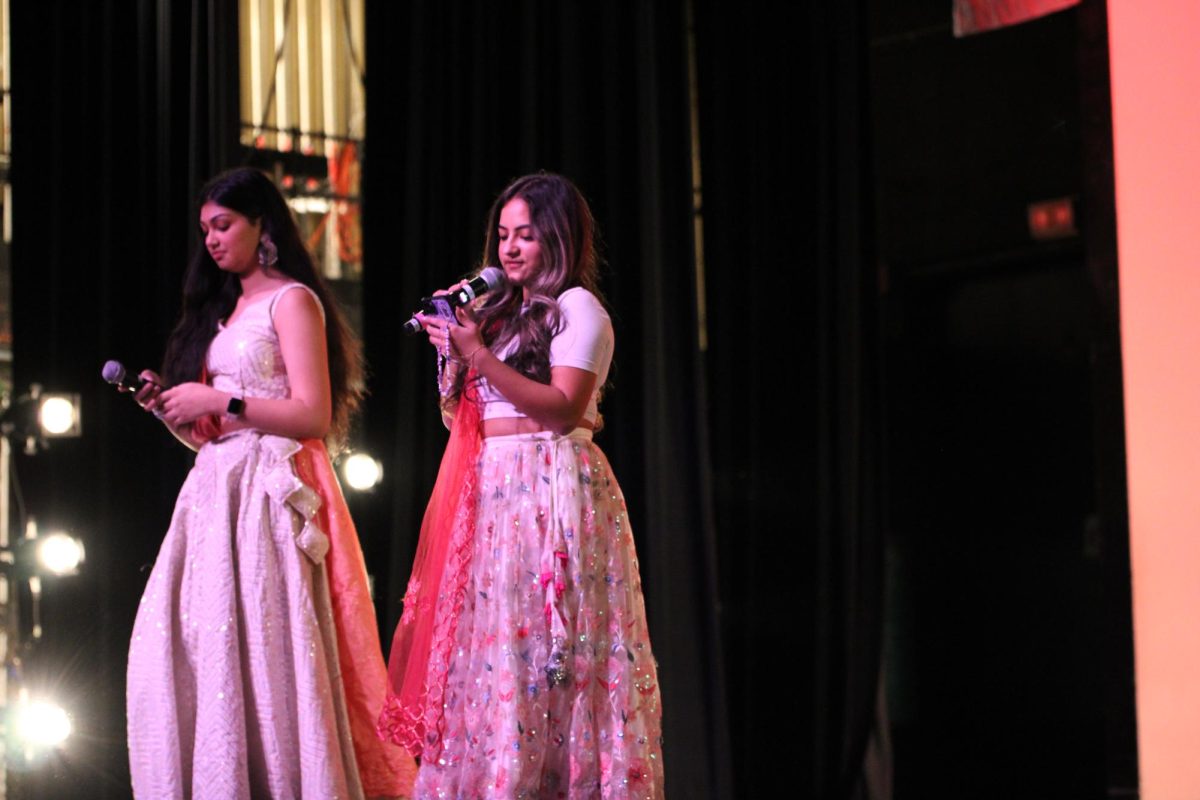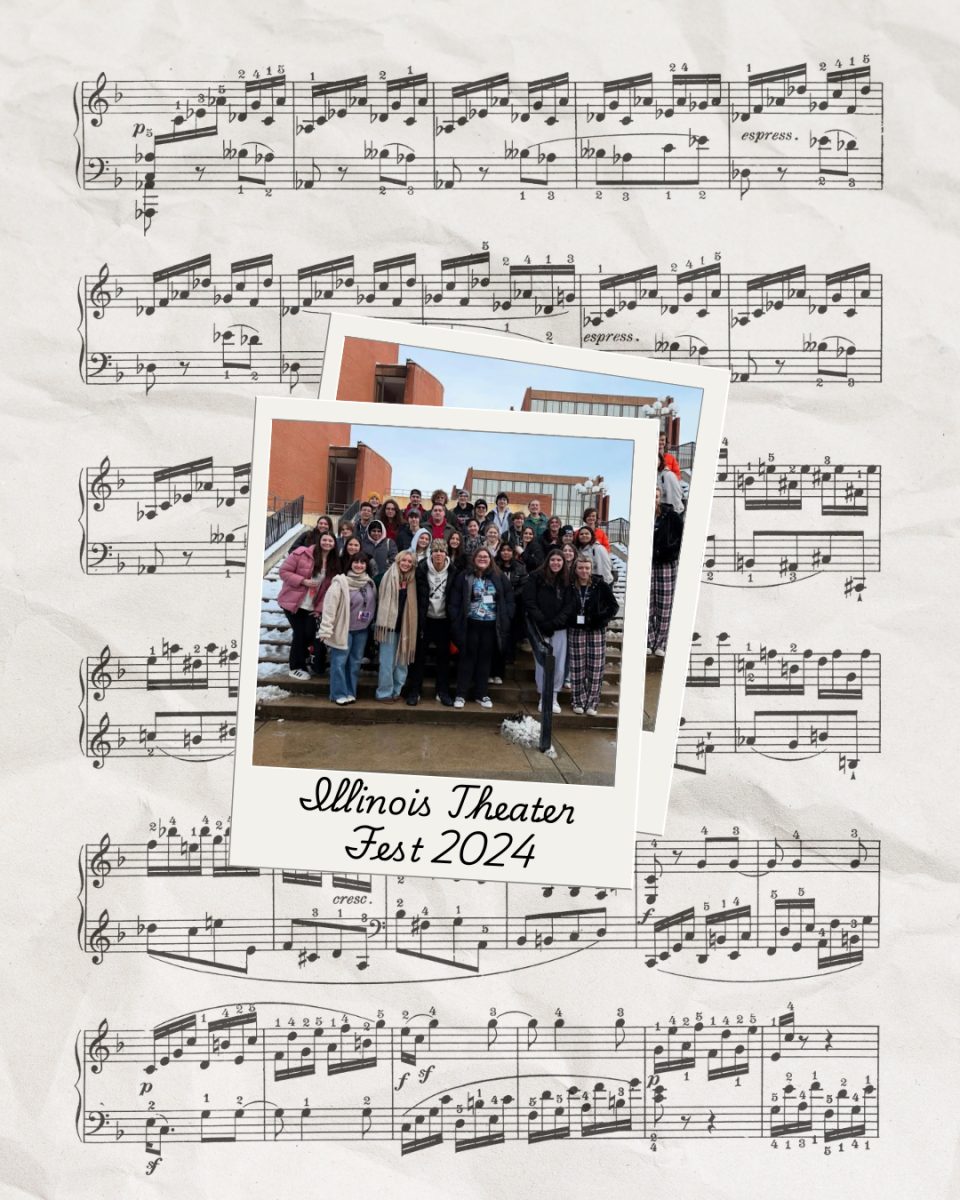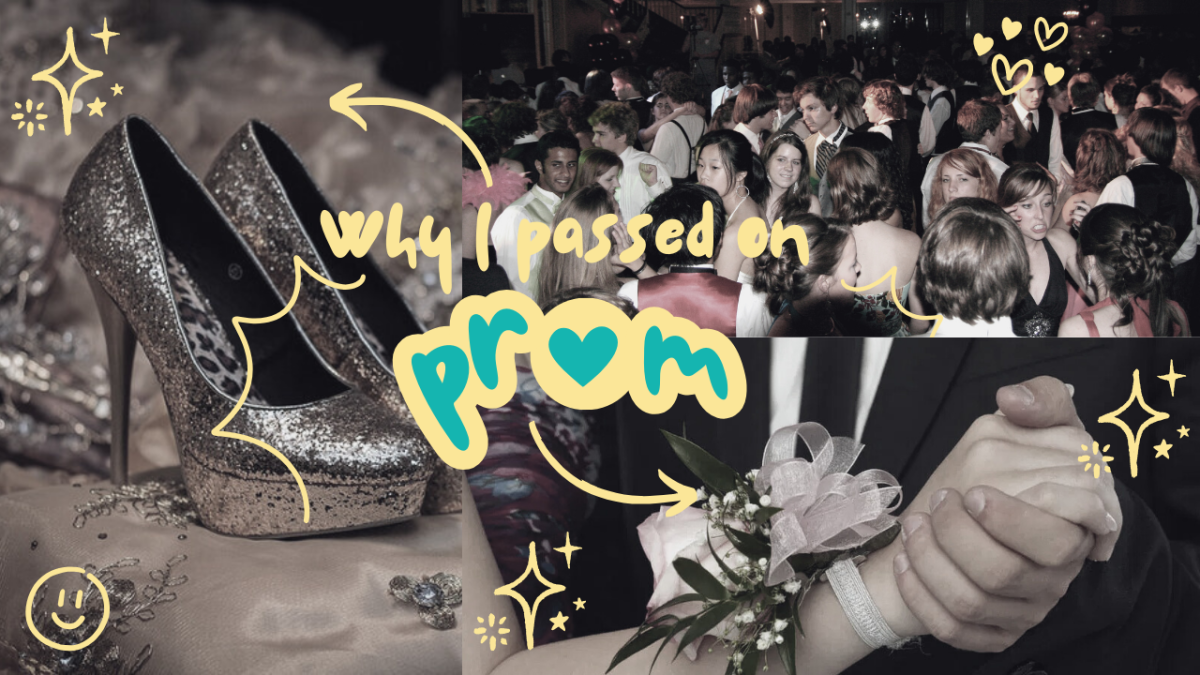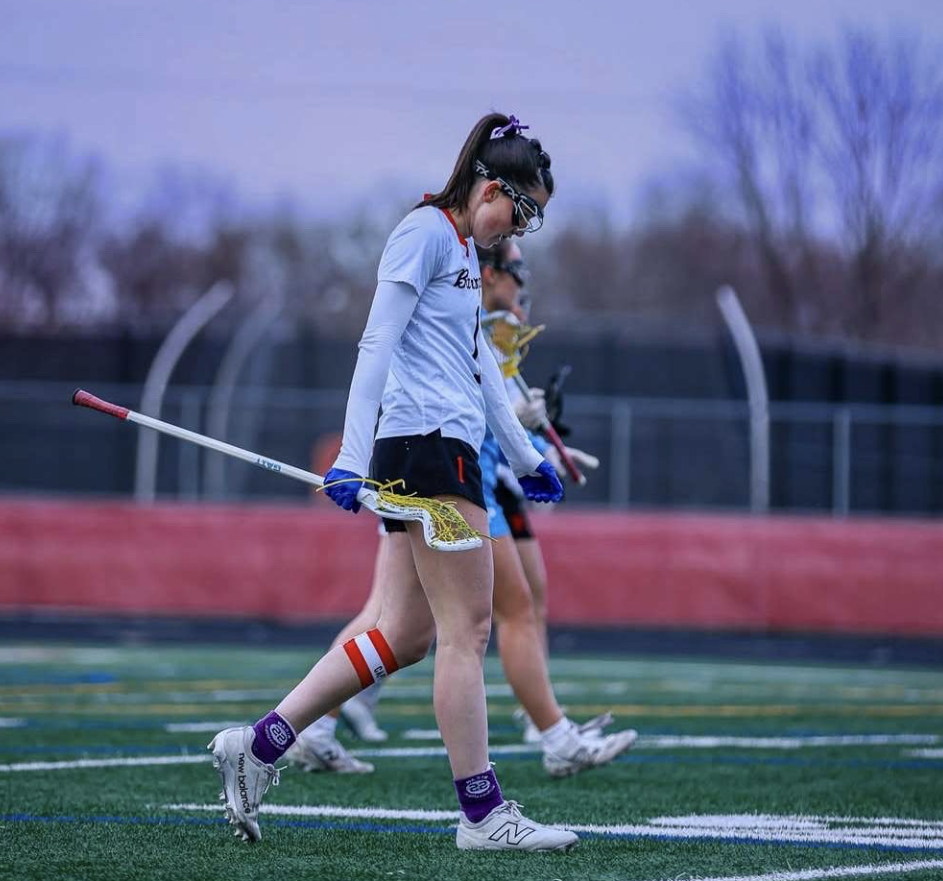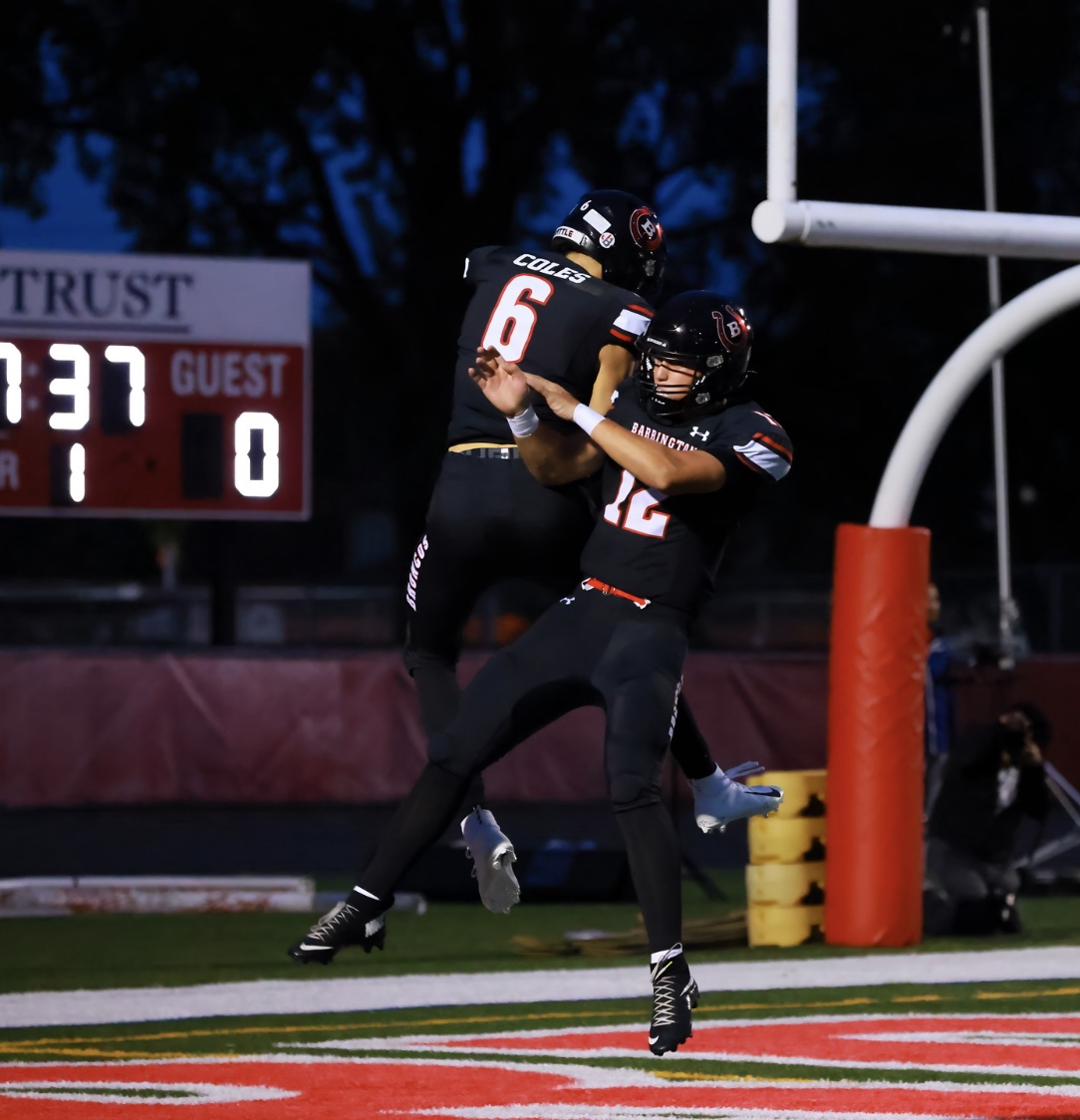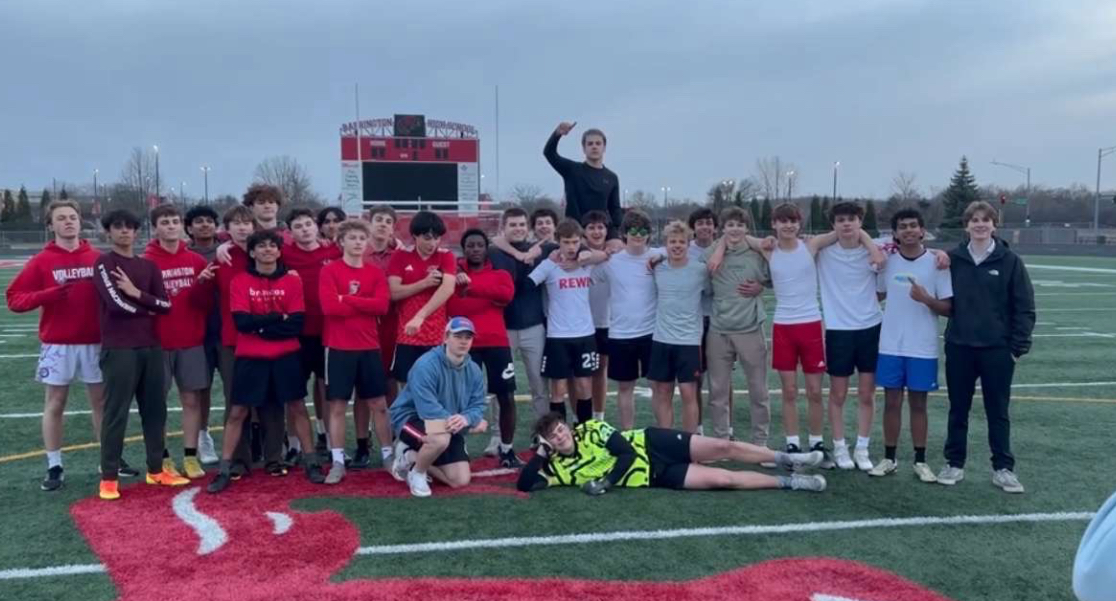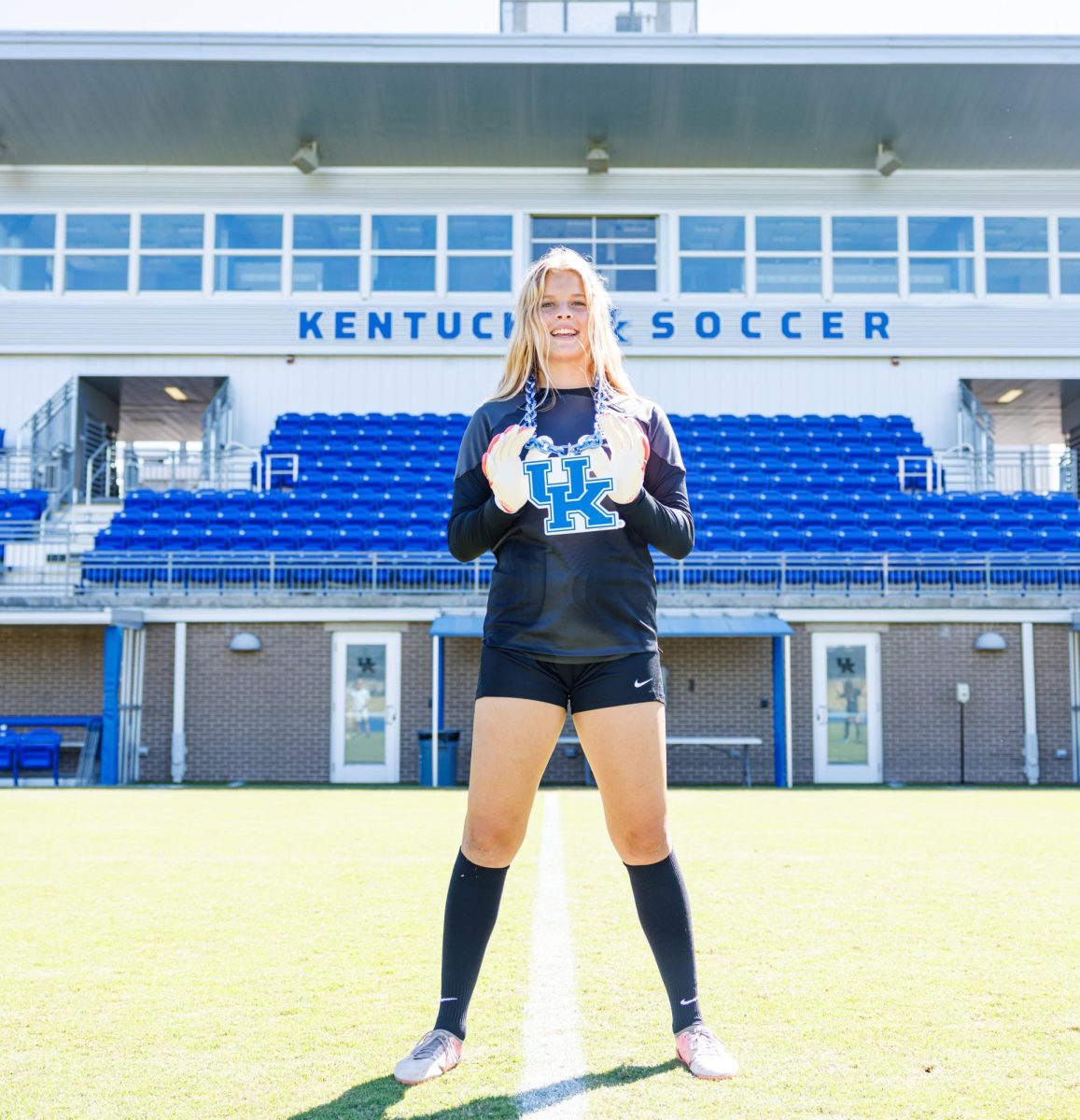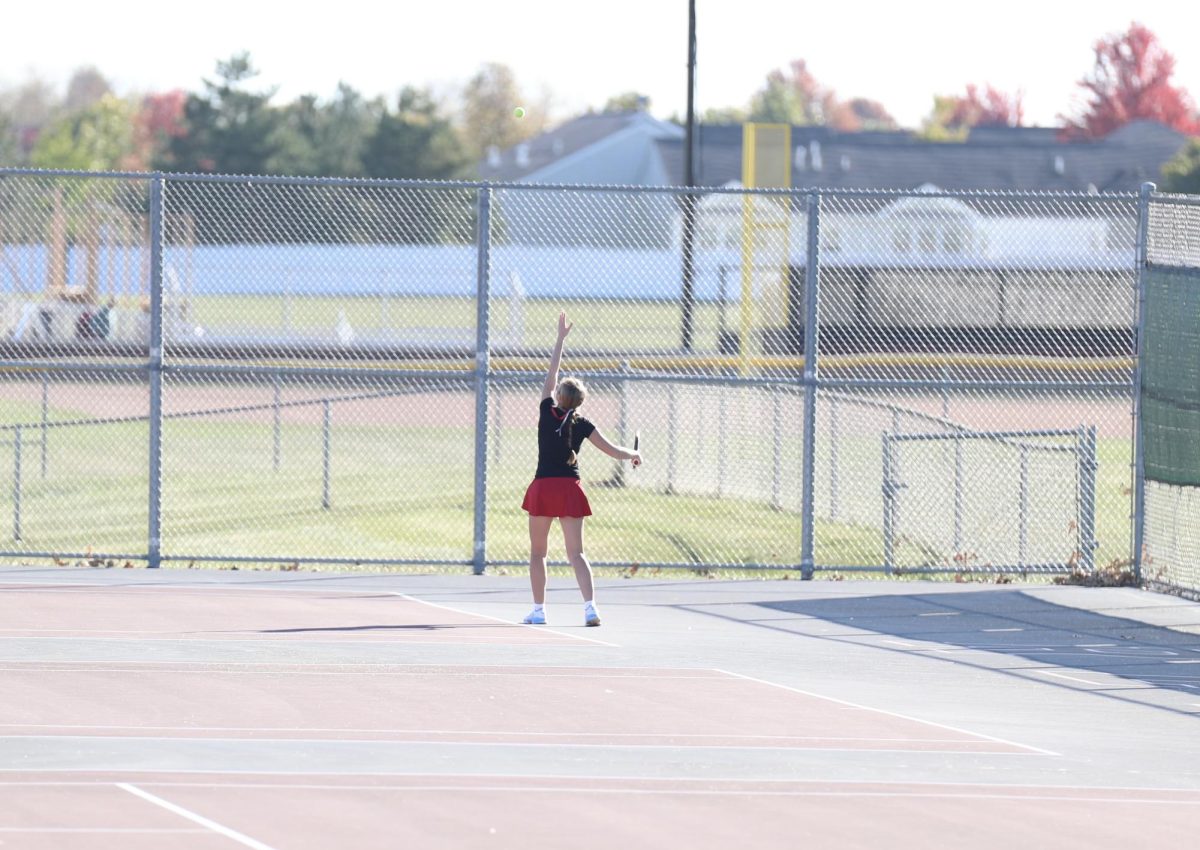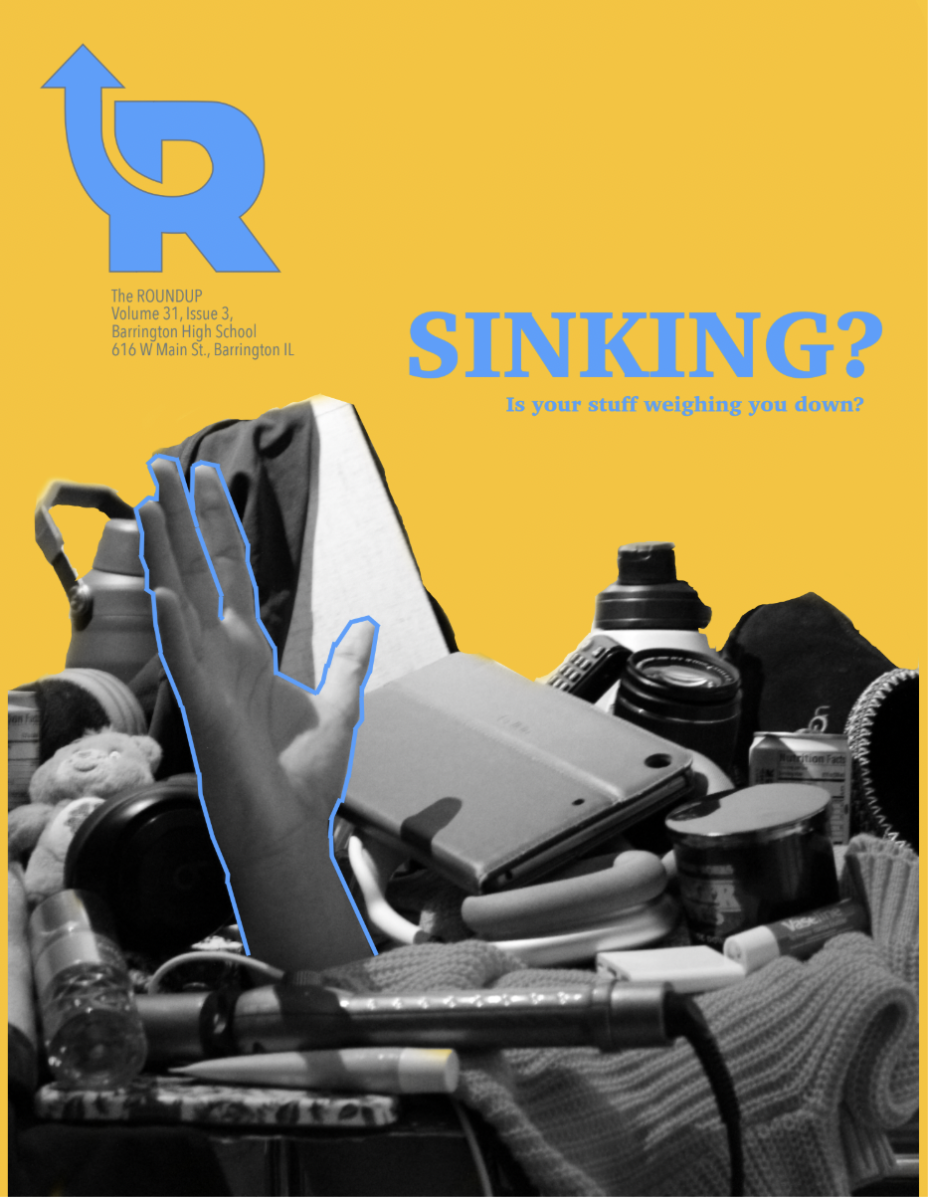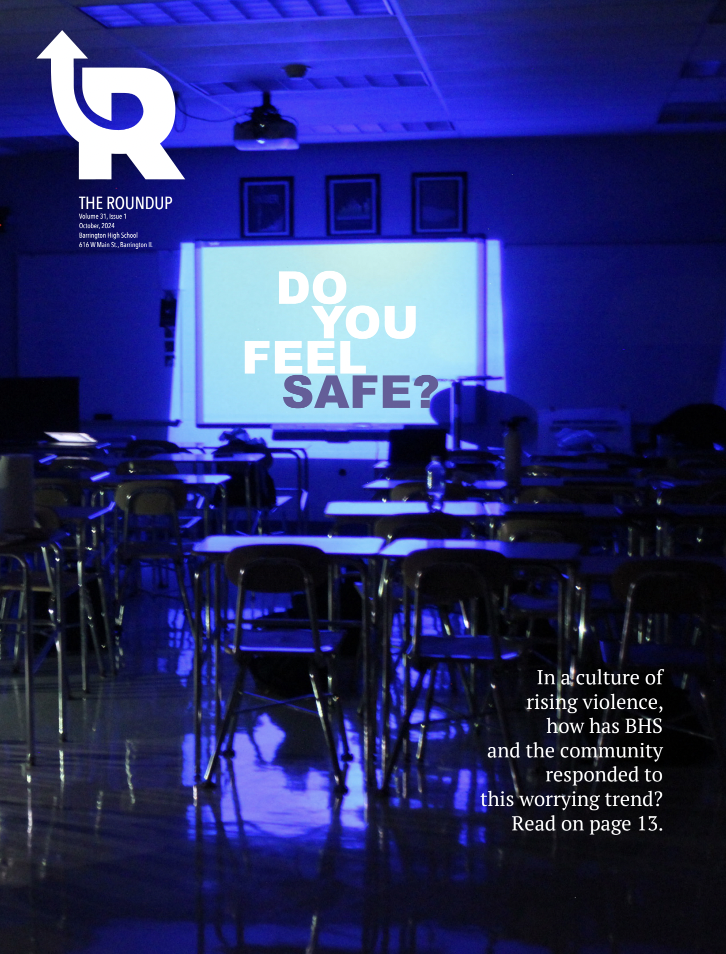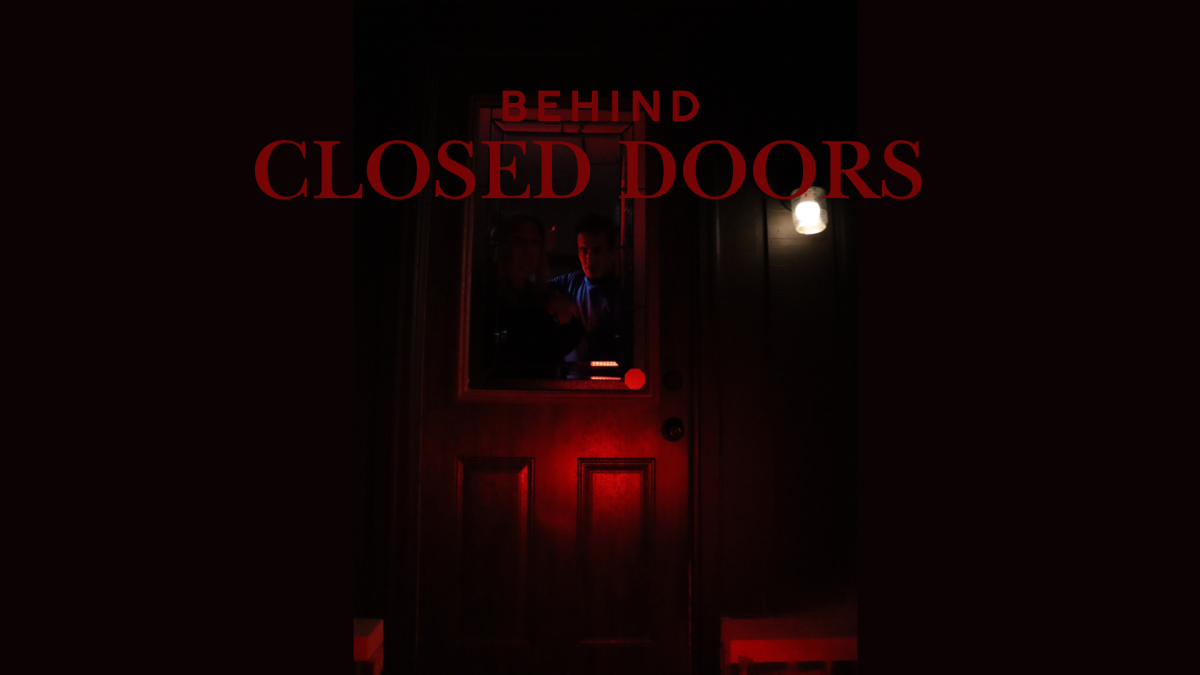Dr. Olga Duchon was hit across her head with a baseball bat and then shot three times in front of her four year-old daughter. The person judged with the crime is her ex-partner, William Zientek on Nov. 17. This all happened in Barrington a mile away from the High School.
This isn’t the plot of a movie. This is real life. Although some may consider it uncommon, domestic violence is prevalent across many communities. According to the Centers for Disease and Control Prevention “1 in 4 women and 1 in 7 men will experience physical violence by their intimate partner at some point during their lifetimes.”
People like to think this stuff doesn’t happen in the Barrington community, but Duchon’s story shows that this conception is misguided. Duchon previously filed for an order of protection against Zientek based on previous threats to kill her if she left him. Reports show that Zientek verbally abused Duchon on several occasions.
The murder of Dr. Olga Duchon is a reminder that abuse also occurs in the community. Domestic abuse survivor Sandy Ferrigno broke the cycle after enduring physical and verbal abuse for three years.
Ferrigno experienced both verbal and physical abuse shortly after getting married. She described how her relationship was looked upon as the perfect all American marriage, but that wasn’t the case behind closed doors. One Sunday afternoon, on the way home from church, Ferrigno’s abusive ex-husband, almost took her life. She had asked if her family could come over for lunch. He responded by attempting to throw her out of the moving car going over 50 MPH.
“More than half of my body was outside of the car with the door repeatedly hitting my back. Screaming, crying, holding onto his biceps and I just kept hoping that he was going to save me, but I knew that wasn’t his intent,” Ferrigno said.
These accounts show the circumstances of abusive relationships, and how quickly violence can escalate. A common misconception is that abuse is only physical, but other types of problematic behavior are also verbal abuse, and are often the gateway to physical abuse.
Beth Moss, Director of Children/Family services at the Wings domestic violence shelter, knows this all too well. Moss explains that red flags to look out for are someone who is controlling, constantly checking your phone, isolating from family and friends, disrespectful of boundaries, emotional outbursts and just feeling emotionally or physically unsafe in the relationship. Spotting an abusive relationship is half the battle; leaving is truly the difficult part.
The Wings provides therapy, safe houses to stay at, and the organization works towards keeping individuals protected from their abuser. Many survivors of abuse are questioned for staying. Another local survivor of abuse states the mindset behind staying.
“You get caught up in thinking you can help them and change them and you start making excuses for them…and you would believe that it wouldn’t happen again until it happened again,” Jane Doe*, survivor of an abusive marriage, said.
If you find yourself stuck in an unhealthy, abusive relationship have the courage to call or text 800-799-7233 for expert guidance and advice. It doesn’t matter if it happened once or if it didn’t hurt “that bad”, no one deserves to be abused. People don’t know what goes on behind closed doors until it is often too late and makes headline news. Members of our community can help one another by spotting abuse and reporting it. Together those in the community can help protect one another.


